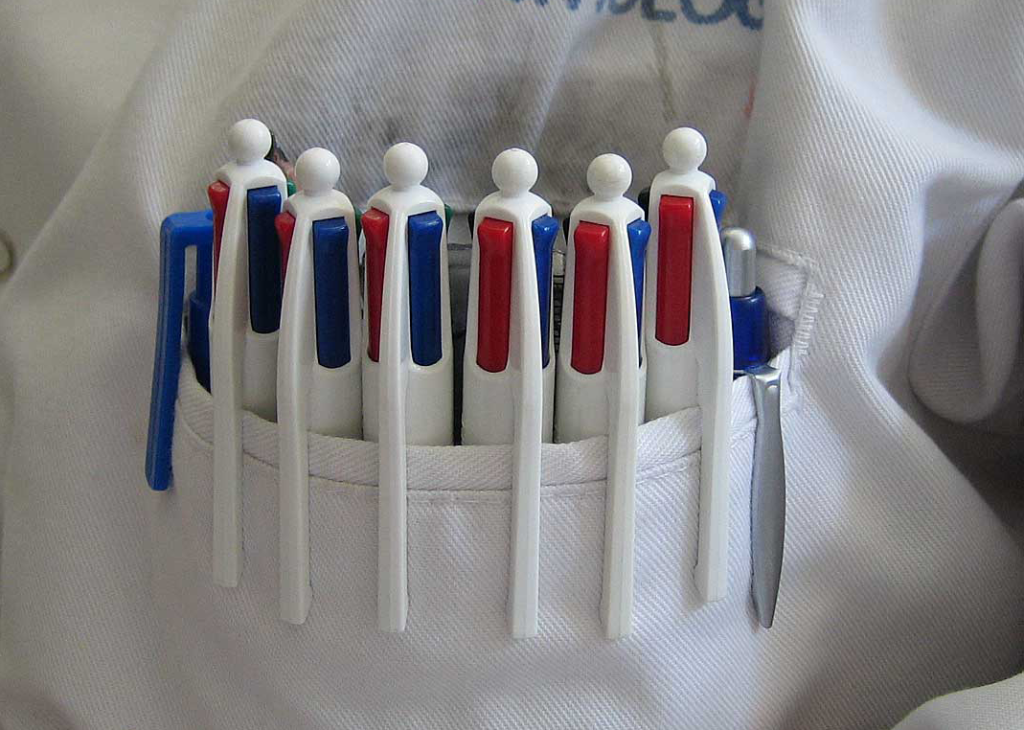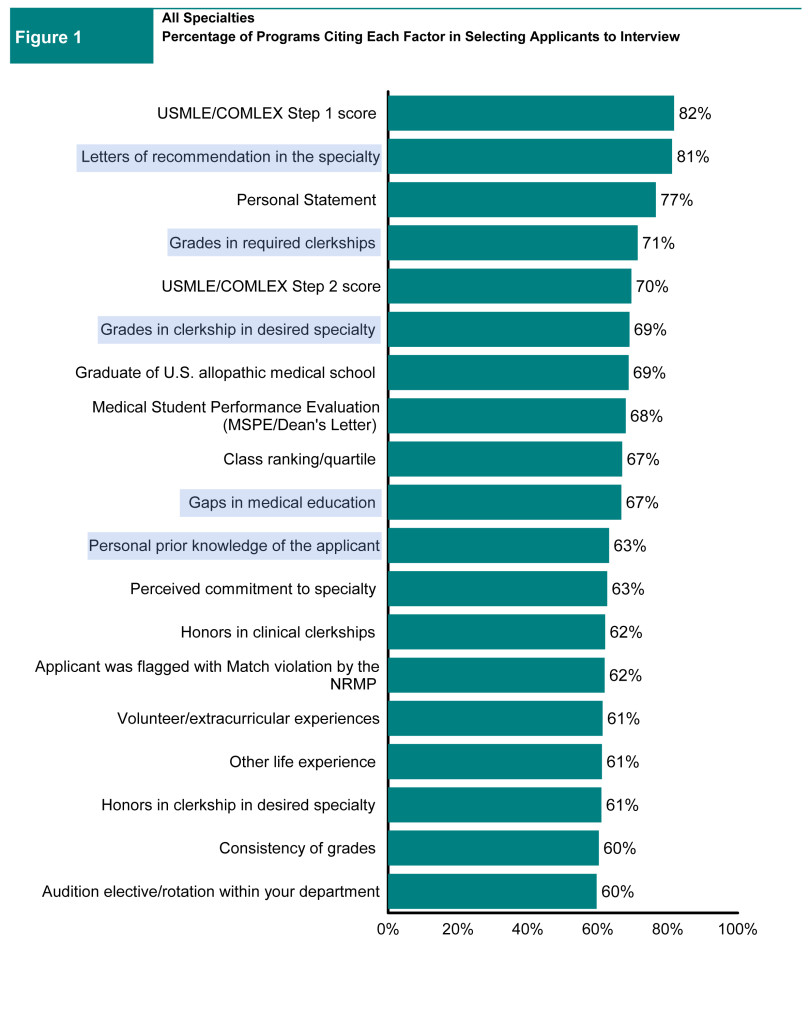Whether as a medical student or international medical graduate (IMG), you’ve certainly come across the terms: clerkships, observerships, electives, and externships. All of these come into play when discussing US clinical experience (USCE) and are essential for an IMG’s residency match application and students who may think they’re interested in pursuing a US residency training match. Current international students, who plan on attempting to practice in the US, should consider gaining US clinical training for medical school credit.
The USCE terminology is often used in communications with our students but has to be explained, since the differences of each type are not always clearly understood. This post aims to expand upon our earlier posts on the difference between clerkships, observerships, and externships and clear all doubts regarding the differences between each type of USCE.
What are the types of US Clinical Experience (USCE)?
First, we would have to describe the types of experience as either:
- hands-on clinical experience
- shadowing only
The Types of US Clinical Experience and the Difference between Each:
Core clerkships & electives
Clerkship and elective rotations for international medical students are part of the medical student’s clinical education curriculum. For US medical students, these programs are normally undertaken in the 3rd & 4th year and typically at the hospital of the medical school or its affiliates.
Clerkships and electives for international medical students can also be obtained in the US for credit as “away rotations.” These “away” clinical rotations would substitute a part of a student’s 3rd and 4th year medical education with the US-based programs. These “away” rotations often require an approval process or direct affiliation with your school. Some programs allow international students to apply directly and involve differing application processes (involving medical school transcripts, USMLE scores, previous experience, etc), depending on the medical school/hospital. They can also be arranged by third party agencies (link?) that find programs that comply with your school’s requirements on your behalf.
In all cases, core clerkships are tuition-based, either via your medical school tuition or tuition paid to the institute you are visiting. These types of experiences fall under the hands-on category.
Observerships
Refers to shadowing-only rotations, no direct patient-care. These programs are open to both medical students and graduates (IMGs) and can take place in a variety of settings: hospitals, clinics, ambulatory care, urgent care, etc.
As the name implies, students are allowed to observe the preceptors in their day-to-day work schedule, shadowing them as they go. The rule of thumb here is no direct patient interaction, ie: no SOAP notes, no History & Physical, and no access to any patient data. While these programs are good for avoiding gaps in your clinical experience, they often do not satisfy residency requirements for hands-on clinical training.
That’s not to say these rotations can’t be considered useful. In addition to filling gaps in your clinical education, as stated above, they can also serve to make a good impression. Some ways to do so can include: trying to participate in research, volunteering to present cases, working on networking, and earning recommendations.
Externships for IMGs
Many times, this is the only option available to an IMG that satisfies hands-on clinical requirements for many residency programs. These programs are only open to graduates and involve hands-on patient interaction. While these programs are not eligible for medical school credit, since they are only open to IMGs, they often follow a similar educational curriculum to clerkship rotations.
These externships for graduates can be sometimes arranged directly with hospitals or services, like MedClerkships, that arrange these experiences in a variety of clinical locations. These programs often offer the IMG the opportunity to earn a performance-based letter of recommendation (LOR). Several residency-relevant LORs, basically those in the specialty you wish to apply for residency in, are usually required on residency applications and help you stand out to program directors. These programs are also almost always tuition-based.
Externs are typically involved in many aspects of patient care. For example, externs can expect to write SOAP notes, mock up differential diagnoses, be involved in team diagnosing meetings, participate in teaching rounds, create progress notes, and learn EMR systems. Externs can make a great impression and earn LORs by being respectful, attentive, showing enthusiasm, and displaying an eagerness to learn. An extern should also always realize that it is important to remember that these physicians that teach externs are often doing so at a cost of a dip in their own efficacy – since they are taking time out to teach. Exceptional students can actually increase their workflow as well, which would definitely lead to a great impression.
Employment in healthcare
An often over-looked form of USCE is employment in the US healthcare system. Types of jobs that may count as US clinical experience include: physician assistant, nurse, EMT, and medical assistant. While these may eventually count as USCE, most also require lengthy certification courses and additional schooling. You may or may not be able to earn residency-relevant letters of recommendation (LORs) either.
There are certain perks to going this route, however, such as: earning income while you you gain experience, making professional contacts that may help in your pursuit of residency, and learning about the healthcare system from the inside.
See our USCE cheat sheet below:
What are Research Electives and do they count as USCE?

Research Electives
A research elective can refer to experience in a research capacity with a hospital or university. These programs can sometimes qualify for medical school credit for students and are open to IMGs as well. While they may help you stand out, as a supplemental portion of your residency application, these programs do not qualify as clinical experience.
Research programs can often come in the form of employment at an academic institution as research associates, research managers, and research assistants. The income and potential for publication can be very attractive to students and graduates alike. Sometimes, these positions can also lead to clinical experience opportunities at the hospital or its affiliates, mainly via the contacts you create during your employment.
So which form of USCE do you choose?
Depending on your current stage of medical education, whether still a student or IMG, and your personal medical education career goals, the types of USCE available to you vary in benefit. Regardless of which stage you’re in, gaining US clinical experience as an international student or IMG is beneficial in the following ways:
- Acclimating yourself to the US healthcare system
- Understanding proper procedures
- Working within the constraints of program protocols
- Being exposed to clinical staff faculty for mentorship, networking, and more opportunities
- Learning ACGME programs’ core competencies
- Earning LORs that can eventually strengthen your residency application
As an international medical student, if your goal is to apply for residency, you would want to aim for clerkships & electives that are residency-relevant. This basically means to earn as much high quality US clinical experience in the specialty you eventually wish to apply for residency in. Remember: many programs require multiple letters of recommendation, so you can knock out “two birds with one stone” by gaining medical school credit and potentially residency-relevant LORs/USCE for when you start your application cycle after graduation. Students that are unsure about whether they even want to go through the residency match process can also use USCE to learn as much as possible about the US healthcare system, to see if it would be something they’d like to pursue.
As an international medical graduate (IMG), especially those without prior US clinical experience, USCE can greatly increase your chances of matching. In terms of importance, residency-relevant letters of recommendation (LORs) continuously rank highly in periodic NRMP surveys of program directors.
See graphic from the 2012 NRMP Program Director Survey below (we’ve also highlighted the importance of topics covered in this post):

Source: 2012 NRMP Program Director Survey
As we’ve shown, USCE can lead to LORs, with good performance in rotations and solid networking ability. IMGs should see USCE as not just a path to earn LORs but also to acclimate themselves with a different system of healthcare. Each moment spent in a US healthcare institution should be used to learn absolutely everything possible and make a good impression. Oftentimes, IMGs earn interviews at the locations in which they earned their USCE. Externships affiliated with teaching hospitals are the highest type of experience, in terms of quality, that you can include on your residency application. While not as impactful as externships, IMGs might consider observerships to avoid any gaps in your CV and to work on networking. As an IMG, a large number of years after graduation and gaps in CV are often looked upon negatively. That being said, there are other factors to consider as well, like: quality of institution (teaching vs university vs community vs clinic etc), credentials of preceptor, whether the location is IMG-friendly, chances of earning an interview at that location, and residency-relevance.
The MedClerkships Team has over 30+ years of combined experience helping IMGs/FMGs and international medical students enroll in clerkships, externships, and research programs. Additionally, we provide residency support services, such as: interview coaching, residency application review/revision, personal statement & CV editing, and medical education projects.
Our former students have gone on to match at esteemed residency programs, such as:
- University of Baltimore
- Louisiana State University
- University of Illinois
- Southern Illinois University
- University of Mississippi
- Plus see a larger list at Residency Programs Where Our Students Have Matched
If interested in any of our rotations for students and IMGs, any residency support related services, or any of our research programs – submit a free application at www.medclerkships.com/apply to receive a list of customized program offerings curated by our expert team of residency match professionals.
See what some former students have to say about our experience at www.medclerkships.com/testimonials


